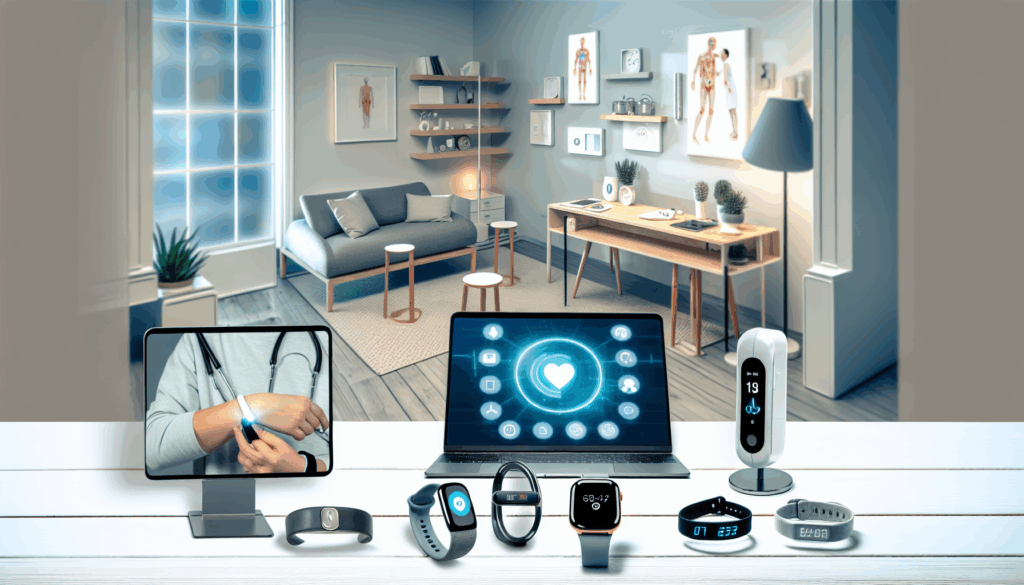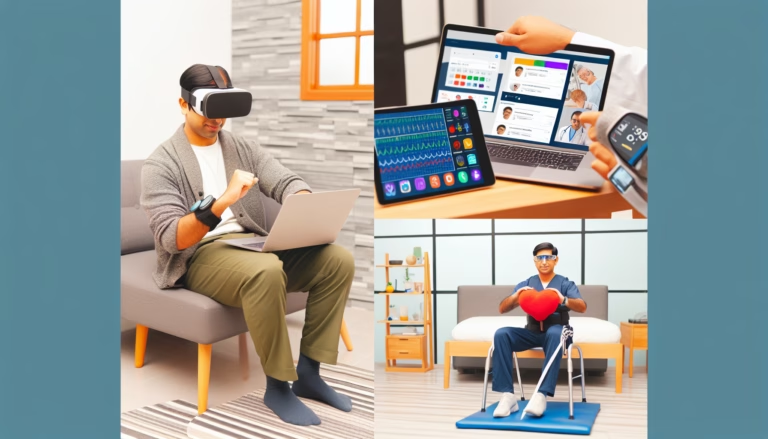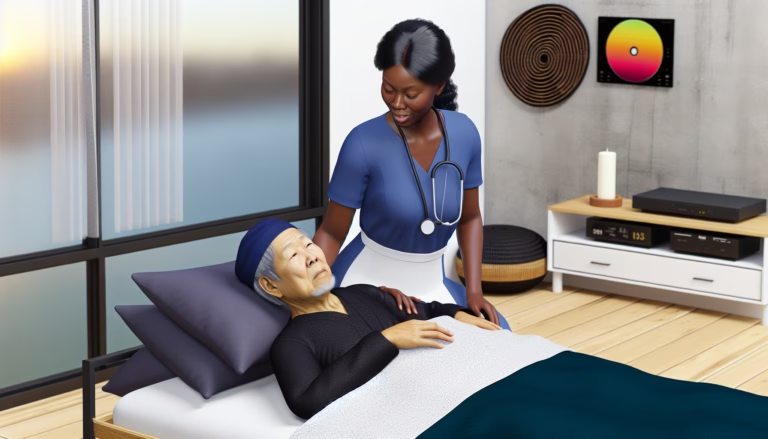Home health care is a booming sector in the healthcare industry, offering patients personalised care and treatment right in the comfort of their own homes. For individuals recovering post-surgery, managing a chronic illness, or housebound seniors, home health care provides immense relief, comfort, and convenience. However, dealing with an extensive medical regimen at home without the continuous supervision of a healthcare professional poses its own set of challenges. Patients and caregivers often grapple with medication management, wound care, and keeping track of appointments. Fortunately, technology is playing a significant role in simplifying these tasks. Today let’s dive into a few innovative healthcare solutions that are making home health care more streamlined, safer, and efficient.
The Emergence of TeleHealth
Telehealth offers patients the luxury to connect with healthcare professionals virtually. Especially during the pandemic when physical interactions became riskier, telehealth stepped in to ensure that healthcare accessibility is minimally impacted. It allows patients to schedule appointments, have video consultations, receive virtual treatments, and even get their medication refilled. Not only does it reduce the physical stress of traveling to a hospital or clinic, but it also saves time, reducing the overall healthcare expenditure.
Healthcare Mobile Applications
Healthcare mobile apps are another significant development, enabling the management of healthcare more navigable. There are applications available that allow patients to stay on top of their medication schedule, provide health information, and even connect them with the doctors for queries or updates. Further, these apps can also track the recovery progress, send reminders for appointments, and allow sharing medical history with their doctors effortlessly.
Wearable Technology
Wearable technology has made monitoring health parameters comfortable and constant. Devices like smartwatches, fitness trackers, and rings can continuously monitor vitals like heart rate, blood pressure, and even sleep patterns. This constant monitoring allows timely intervention if any irregularity is detected, preventing potential crises. Wearables also encourage people to stay healthier by promoting physical activities and good sleep habits.
In-Home Medical Equipment
Progress in medical technology has allowed complex medical equipment to be simplified for home use. From oxygen concentrators to wheelchair accessibility aids, there is a plethora of equipment that can be safely used at home, making the management of chronic or post-surgical condition efficient and comfortable.
Looking at these advancements, it is clear that technology is revolutionizing the home healthcare industry, making it more manageable and user-friendly. The future holds promising developments in this field, leading towards a healthcare system that is not confined within the walls of a hospital but extends to the convenience of one’s home, making health care a less cumbersome, more manageable journey.



